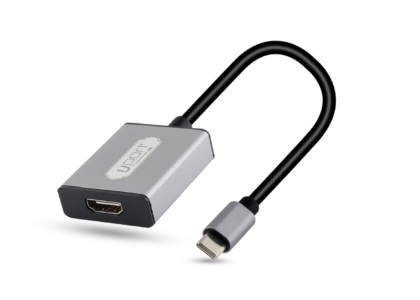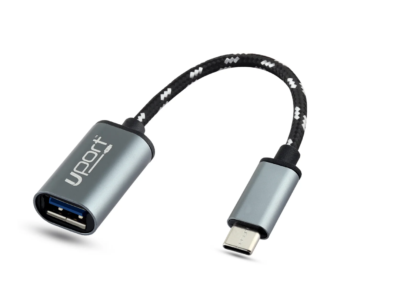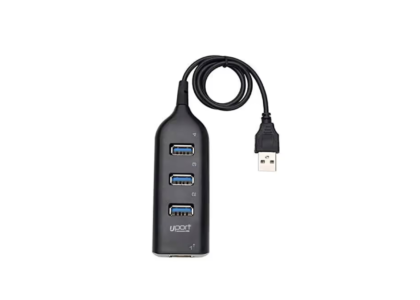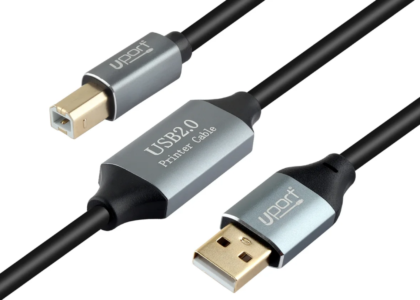USB Type-C cables have revolutionized connectivity with their versatility and performance capabilities. From smartphones to laptops and peripherals, USB-C cables offer faster data transfer speeds, power delivery, and compatibility with various devices. In this comprehensive guide, we’ll delve into the features, benefits, and applications of USB Type-C cables.
Understanding USB Type-C Cables: USB Type-C, or USB-C, is a universal connector that is smaller and reversible compared to previous USB standards. It supports faster data transfer rates, higher power delivery, and simultaneous audio and video signals through compatible adapters.
Benefits of USB Type-C Cables:
- High-Speed Data Transfer: USB-C cables support USB 3.1 and higher standards, offering speeds up to 10 Gbps for efficient data transfer between devices.
- Power Delivery (PD): USB-C cables can deliver higher power levels, facilitating faster charging for smartphones, tablets, and laptops with compatible power adapters.
- Reversible Design: The symmetrical design of USB-C connectors allows for easy and hassle-free connection, eliminating the need to check orientation.
Applications of USB Type-C Cables:
- Mobile Devices: Charge smartphones, tablets, and laptops with USB-C ports using compatible cables and power adapters.
- Laptop Connectivity: Connect USB-C laptops to external displays, docking stations, and peripherals for expanded functionality.
- Audio and Video: Transmit audio and video signals through USB-C to HDMI, DisplayPort, or VGA adapters for enhanced multimedia experiences.
Choosing the Right USB Type-C Cable:
- Speed Requirements: Select cables that support USB 3.1 Gen 1 (5 Gbps) or Gen 2 (10 Gbps) depending on your data transfer needs.
- Power Delivery: Ensure the USB-C cable supports Power Delivery (PD) standards suitable for charging your devices efficiently.
- Device Compatibility: Check compatibility with your devices (smartphones, laptops, peripherals) to ensure seamless connectivity and performance.
Future of USB Type-C: USB Type-C continues to evolve with advancements in speed, power delivery, and compatibility across a wide range of devices. As more manufacturers adopt USB-C as the standard connector, its versatility and benefits will continue to shape the future of connectivity.
Conclusion: USB Type-C cables are indispensable for modern connectivity needs, offering faster data transfer speeds, efficient power delivery, and versatility across various devices. By understanding their features and choosing the right USB-C cables for your setup, you can enhance productivity and connectivity in your digital lifestyle.
For more insights on USB Type-C technology and connectivity solutions, visit our blog or follow us on [Social Media Link].






